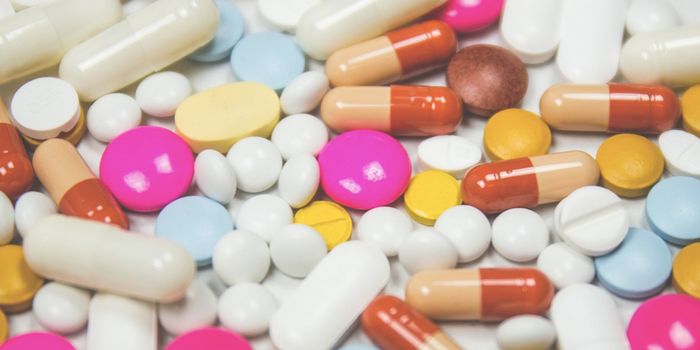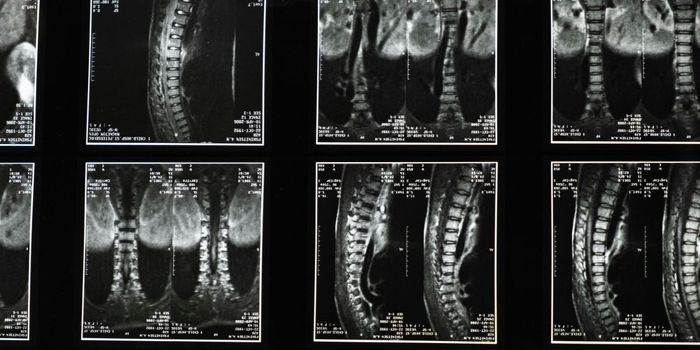On Tuesday, the United States Food and Drug Administration (FDA) ruled that within three years all food manufacturers will have to remove the use of food ingredients containing partially hydrogenated oils (PHOs), also known as trans fats. The FDA has ruled that trans fats will no longer contain GRAS (generally recognized as safe) status as a food ingredient and is no longer considered safe for human consumption.
The movement to ban trans fats from the food supply began back in November 2013 when the FDA requested additional data and scientific evidence that would further support the negative effects of trans fat on human health. On Tuesday, "The [FDA] gave food manufacturers three years to remove partially hydrogenated oils, or PHOs, from their products. [Food] companies can petition the FDA for a special permit to use it, but no PHOs can be added to human food unless otherwise approved by the FDA."
Naturally occurring trans fatty acids can be found in the fatty parts of meat and dairy products. Artificial trans fat, which falls under the FDA ban, comes from foods containing PHOs and is formed when hydrogen is added to liquid oil and turned into solid fat. PHOs, such as vegetable oil, are also used to cook or fry foods.

According to FDA Acting Commissioner Stephen Ostroff, M.D. "This action is expected to reduce coronary heart disease and prevent thousands of fatal heart attacks every year." In addition, the Centers for Disease Control and Prevention (CDC) suggest that removal of PHOs from processed foods from the American diet could prevent up to 20,000 heart attacks and 7,000 coronary deaths each year. Consuming artificial trans fats can also increase "bad" cholesterol, also known as low-density lipoprotein (LDL) which is a risk factor for coronary heart disease.
This ban is a large step toward tackling the obesity epidemic in this country as well as the economic burden that comes along with it. However; some argue that the ban could lead to "excessive government control over food, which could restrict dietary choices, interfere with cultural, ethnic, and religious traditions and exacerbate socioeconomic equalities" according to an article published in the American Journal of Bioethics. Others believe the consumption of foods containing trans fat should be, like smoking, up to the discretion of the individual. It is hypothesized that this ban will be overall well accepted due to the significant promotion of the public health benefits which outweigh any adverse social impacts or moral considerations.
Until the ban us under full effect in June of 2018, the CDC recommends that consumers read nutrition facts and choose products with 0 grams of trans fat. Consumers should also be pure to read the ingredients lists to ensure there is no partially hydrogenated oil in the product. Use monounsaturated fat, such as canola or olive oil, or polyunsaturated fat, such as soybean oil, in recipes that require fat. When choosing to dine out, be sure to select restaurants that do not use PHOs.
Source: CNN, Food Safety News, CDC American Journal of Bioethics









